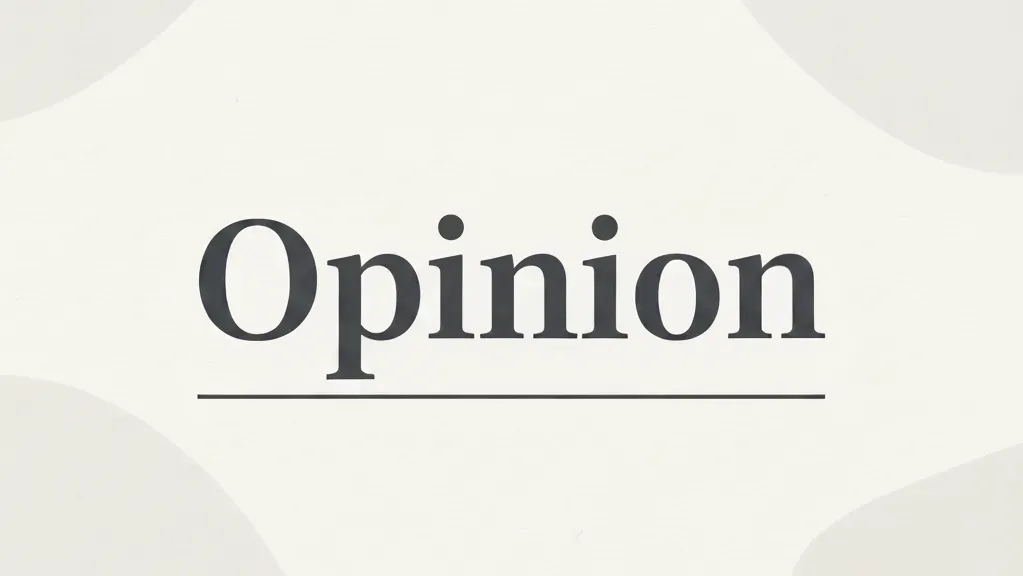Installments without regret? What BNPL reveals about our consumption
"Paying later" sounds like freedom. More and more consumers feel that way. In fact, Buy Now, Pay Later (BNPL) is currently one of the most interesting growth markets in payment transactions: technically elegant, a conversion booster for merchants, and a seemingly gentle way for you as a customer to smooth out expenses. You don't need paper forms, you don't go through a lengthy credit process, just a few clicks – done. That is progress. But it comes with pitfalls.
Convenient – but not free: The downside of BNPL
BNPL shifts the pain threshold from the moment of purchase into the future. Friction is minimized, consumption is maximized. That is precisely the problem. Because friction – the short inner resistance before a larger expense – is not a regression, but a healthy warning sign. Systematically eliminating it risks poor decisions. These are often only apparent in the case of BNPL upon closer inspection. "Zero interest" is rarely zero cost; the actual prices are hidden in the fine print. These include:
- Late payment and collection fees
- Chargebacks (Returned direct debits)
- Interest substitution via fee structures
Micro-installments are not magic; they are micro-loans. And these are convenient today, expensive tomorrow.
Why Germany is particularly vulnerable
Germany has long been culturally a country of financial caution. Compared internationally, private debt is moderate, purchasing on account is culturally entrenched, and skepticism towards consumer credit is historically grown. BNPL fits this image at first glance because it seems familiar – like a modernized invoice.
Paradoxically, it is precisely this familiarity that lowers vigilance. The increased interest rates of the past few years have raised the price of carelessness. Overdrafts and fees are noticeably more expensive today than they were in the low-interest rate regime of the last decade. Those who ignore this pay double: first to the provider, later with their own future.
The age distribution is particularly delicate. It is not the affluent people in their mid-fifties who need or skillfully use BNPL mid-month. It is often younger people who are under pressure: rent is rising, mobility is expensive, wages are chasing inflation, and the prospect of old-age provision is fragile. This very group is most strongly addressed by the BNPL convenience – via app, at checkout, in everyday life. From the companies' perspective, this is rational. Socially, we find this difficult. The first delay is rarely the last, and small installments in series add up to a large sum. Those who incur debt young and later bear higher financing costs start with ballast in the years when assets actually need to be built up.
Young Debts, Old Rules: Guardrails for Financial Freedom
That doesn't mean BNPL is the work of the devil – but it is a tool that requires discipline. From a consumer perspective, regulatory changes are happening: information obligations, credit checks, more liability. This is certainly useful. But regulation does not replace self-responsibility. The decisive protection lies not in the next paragraph of the law, but in one's own household budget.
Therefore, anyone striving for financial freedom – whether FIRE or simply solid independence – needs the following clear guardrails.
- Use BNPL only in exceptional cases, for durable, planable goods - never for running costs like groceries, energy, or rent.
- Effective zero interest also means effectively zero fees – as soon as costs threaten, the offer is poor. Never have multiple BNPL transactions running in parallel.
- Do not stack installments, fix due dates on the calendar, set up automatic payments.
- 24-hour rule before clicking – if the desire is still strong tomorrow, the decision is often made on a more informed basis.
- Savings and investment rates are non-negotiable. Consumer goods (apart from the truly essential things, of course) must conform to wealth accumulation, not the other way around.
That may sound strict. But financial sovereignty and the financial freedom that can grow from it is nourished by small, repeated decisions.
Don't misunderstand us: it's good that the BNPL market is growing. Innovation in payment transactions creates competition, lowers transaction costs, and promotes digital participation for everyone. But growth without substance is not a value in itself. We therefore adhere to the following simple rule:
Buy when it fits the budget; postpone when it doesn't. Invest as soon as and as often as possible.
The conscious and sensible use of installment financing and BNPL without regret requires maturity. Without it, "paying later" is nothing more than "living more expensively," and an attack on your financial freedom.
You might also be interested in:
- More about the current development of the BNPL market in Germany
- More about achieving FIRE in Germany and a perhaps somewhat unusual view on it


